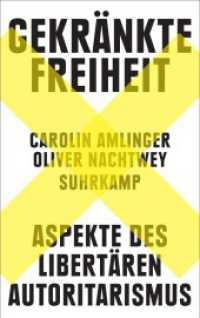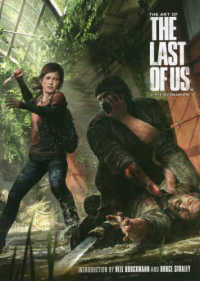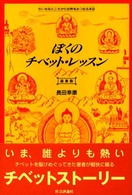Full Description
The word "hero" seems in its present usage, an all-purpose moniker applied to everyone from Medal of Honor recipients to celebrities to comic book characters. This book explores the Western idea of the hero, from its initial use in ancient Greece, where it identified demigods or aristocratic, mortal warriors, through today. Sections examine the concept of the hero as presented in the ancient, medieval, and modern worlds. Special attention is paid to particular heroic types, such as warriors, martyrs, athletes, knights, saints, scientists, rebels, secret servicemen, and even anti-heroes. This book also reconstructs how definitions of heroism have been inextricably linked to shifts in Western thinking about religion, social relations, political authority, and ethical conduct.
Instructors considering this book for use in a course may request an examination copy here.
Contents
Table of Contents
Acknowledgments
Introduction
PART ONE. MYRMIDONS, MARTYRS, AND MUSCLE MEN: HEROISM IN THE ANCIENT WORLD
1. Neither Human nor Divine: The Hemitheoi and Their Cults
2. "Of arms and the man I sing": The Hero as Myrmidon
3. "Here I stand. I cannot do otherwise": The Hero as Martyr
4. "Creatures of a Day": The Hero as Athlete
PART TWO. SOLDIERS AND SERVANTS OF CHRIST: HEROISM IN THE MIDDLE AGES
5. Miles Christi: The Hero as Warrior of Christ
6. Imitatio Christi: The Hero as Saint
PART THREE. REBELS, ROGUES, AND REPROBATES: HEROISM IN THE MODERN WORLD
7. "To boldly go where no one has gone before": The Hero as Explorer
8. "The road of excess leads to the palace of wisdom": The Hero as Romantic Rebel
9. Black Angels and New Men: Heroism in a Totalitarian Context
10. Rogues, Reprobates, Outcasts, and Oddballs: The Anti-Hero
Epilogue
Chapter Notes
Bibliography
Index








